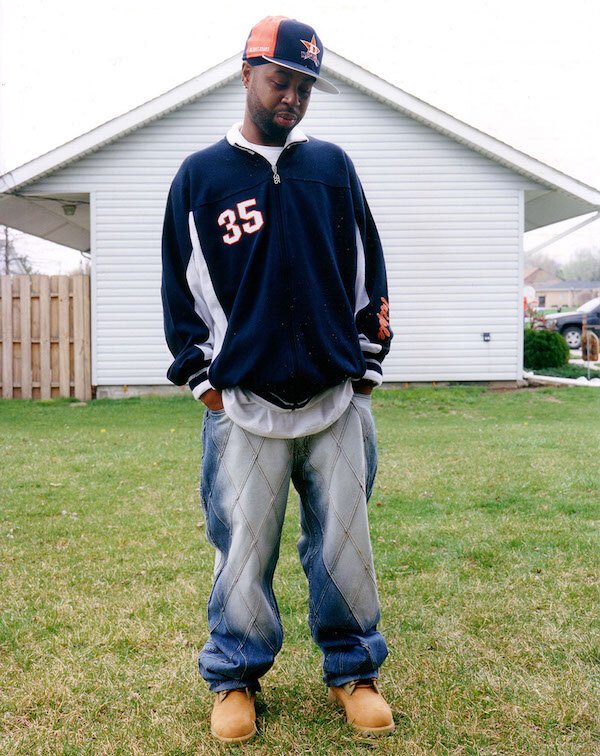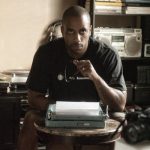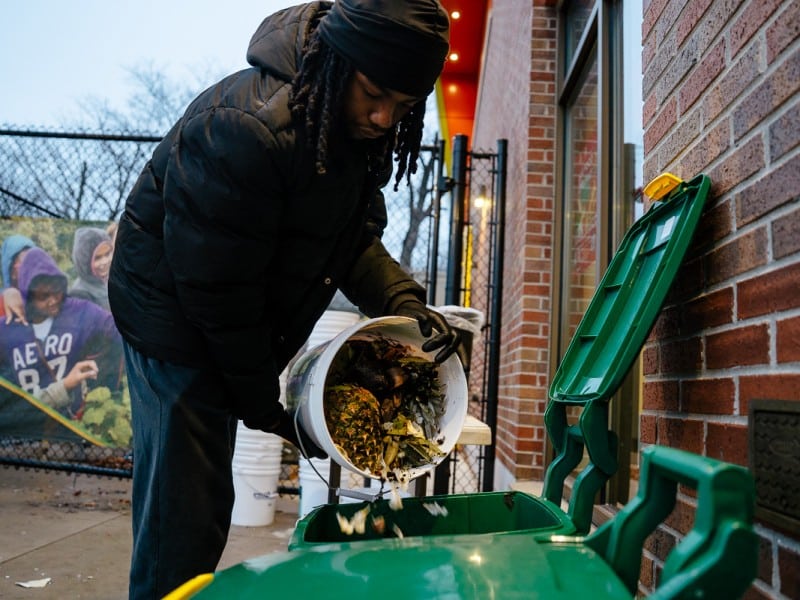Legacies of J Dilla, DJ Screw brought to life in new Wayne State exhibition

The legacy of pioneering Detroit music producer J Dilla and Houston producer DJ Screw were celebrated at the opening of a multimedia exhibition titled, “I Got Beats in these Fingertips” Friday, July 12 at Wayne State University’s Elaine L. Jacob Gallery.
Dilla crammed a lifetime’s worth of music into his short 32 years before his death from a rare blood disease on February 10, 2006. Born James Yancey in Detroit and raised on the eastside in Conant Gardens, he was one of the founding members of the legendary group Slum Village, and produced music for everyone from A Tribe Called Quest and Common, to Erykah Badu and Janet Jackson. But his story is more than a collection of production credits; his “off-kilter” sampling style, the enigmatic drum patterns, and agitating beats evolved into his signature sound and became Detroit’s sonic calling card of the ’90s and early ’00s. His body of work continues to inspire millions and is celebrated all over the globe.
“I love the way J Dilla has been honored all over the world,” says Detroit poet laureate jessica Care moore who performed 2 poems with her son King Moore as her musical accompaniment. “Being here with my son is magical — it’s next level on a spiritual level. I’m honored to be a part of the exhibition,”
Here, Dilla is paired with DJ Screw, a hip-hop DJ and producer from Houston, who passed away in 2000. Born Robert Earl Davis Jr, he was the creator of the ‘chopped and screwed’ DJ technique where the tempo of a song would be slowed while record scratching and manual claps added. DJ Screw released over 350 mixtapes and his “chopped and screwed” technique defined Houston’s hip-hop sound in the early to mid 2000s much like Dilla did in Detroit.
“The idea was that DJ Screw is the anchor in Houston and J Dilla is the anchor in Detroit. And bringing these 2 regions together that have similarities and differences, and they’re often left out of the larger native about hip-hop culture and history but they are both very important to distinct sounds invasion and production,” says Zack Ostrowski, one of two co-creators of the exhibit.
“One of the similarities is that both of them warped time in a different way. Dilla had the unusual time signatures in his music and Screw had the warped, slowed down, and pitched down. So both had a very unusual sense of time,” adds the exhibit’s other co-creator Thomas Pyrzeswki.
Although J Dilla and DJ Screw are the focus, other contributors to hip-hop were also acknowledged. The exhibition features a wall of album covers constructed by Pen & Pixel, a Houston-based graphic design studio known for bringing the ‘bling’ aesthetic to their artwork. The show also highlights original paintings by founding father of funk George Clinton, a 10-foot optical print celebrating the legacy of J Dilla created by influential photographer and filmmaker Brian “B+” Cross, portraits by Jenny Risher, an amplifier owned by DJ Screw, and the beat machine Detroit emcee Esham used to create some of his most iconic recordings.
“It’s a Detroit sound, but people that came before him — people like Esham — were very different, but they also embodied the sound of the city,” Pyrzeswki says.
“A lot of times exhibitions and galleries are super technical and they are about a specfit medium, especially art galleries with paintings or photography,” Ostrowski added. “This one we wanted to expand beyond visual art but then also incorporate sounds.”
Dilla’s mother Maureen Yancey, affectionately known as Ma Dukes, was in attendance. Since Dilla’s passing, she’s constantly been on the forefront of working with institutions and individuals that want to honor her son’s legacy and motivate others.
“I’m just elated to the max; this is phenomenal work. It’s well put together by people that really care about our culture, really care about the city of Detroit and really care about all the gems that are nurtured here. It’s a house of talent, that’s what we got here in Detroit,” she says.
The “I Got Beats in these Fingertips” exhibit accompanies the J Dilla Music Tech Teaching Workshop; a multi-day experience for Michigan public school teachers that’s hosted by WSU’s College of Liberal Arts and Sciences, Save The Music Foundation, and CFPCA’s Department of Music. The workshop was held earlier this month, and introduced K-12 teachers to modern music production led by Wayne State music faculty, using software and equipment in the J Dilla Music Tech Grant. The program was developed in partnership with Pharrell Williams’ creative collective, iamOTHER and seeks to teach and inspire children to develop the next great wave of the Detroit sound.
“You don’t have to be an adult to hone talent and skills that the world has never known, J Dilla was one of those forces,” Yancey says.
The two-day workshop also included a trip to the Motown Museum, a welcome reception, and a roundtable discussion with prominent Detroit music industry professionals and artists.
“This is the third year Wayne State has hosted the music technology workshop with Ma Dukes. We were planning to do this show anyway, and our dean was super supportive, and was like, ‘let’s do it here,’ adds Pyrzewski, who also serves as the Director of Galleries and Special Programming for Wayne State’s Department of Art, Art History, and Design.
“I think the exhibit is great, it’s definitely needed, it has historical value and it’s definitely important,” says Dilla friend and collaborator Ronnie Kelly (aka Killa Ghanz).
For Yancey, traveling around the world to speak to her son’s achievements will continue to be her focus.
“It carries me, it makes me feel younger, it repels all the aging that’s coming my way and I get up like I’m 35 because there’s work to do. I want the world to know all of the wonderful things that are here to enhance the world are incubated here in Detroit.”
“I Got Beats in these Fingertips” runs until Sept. 20.





